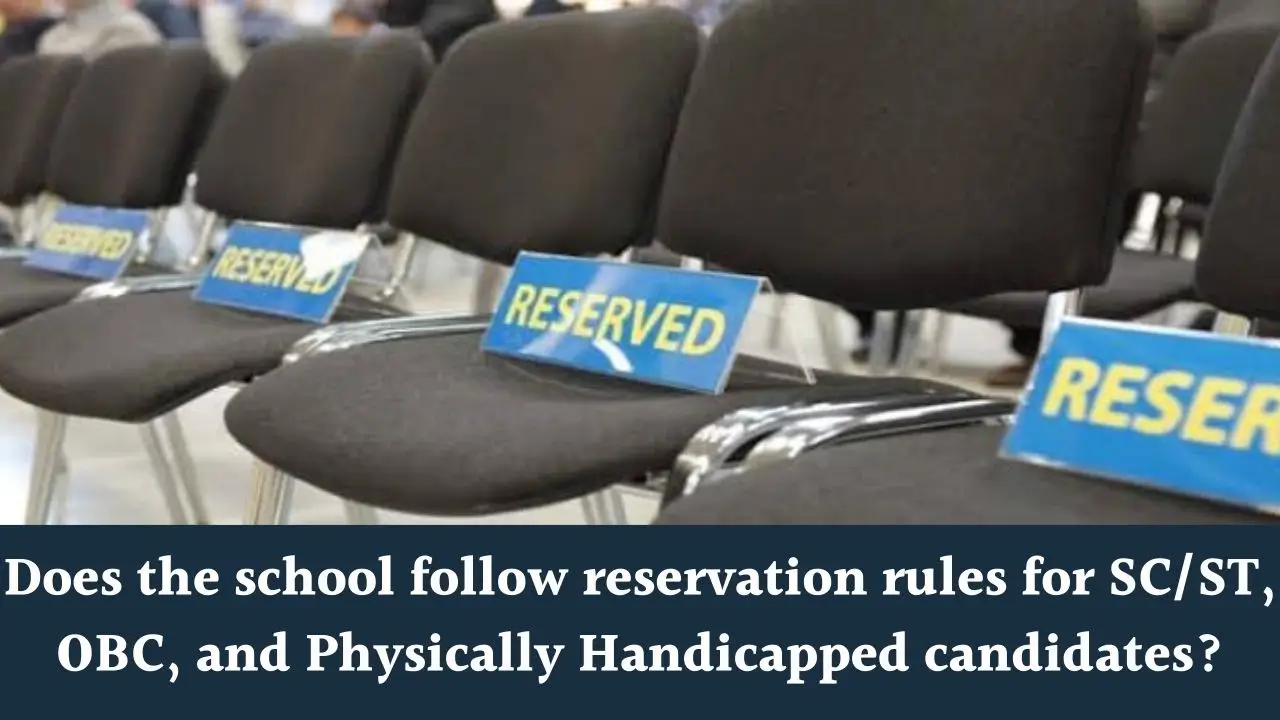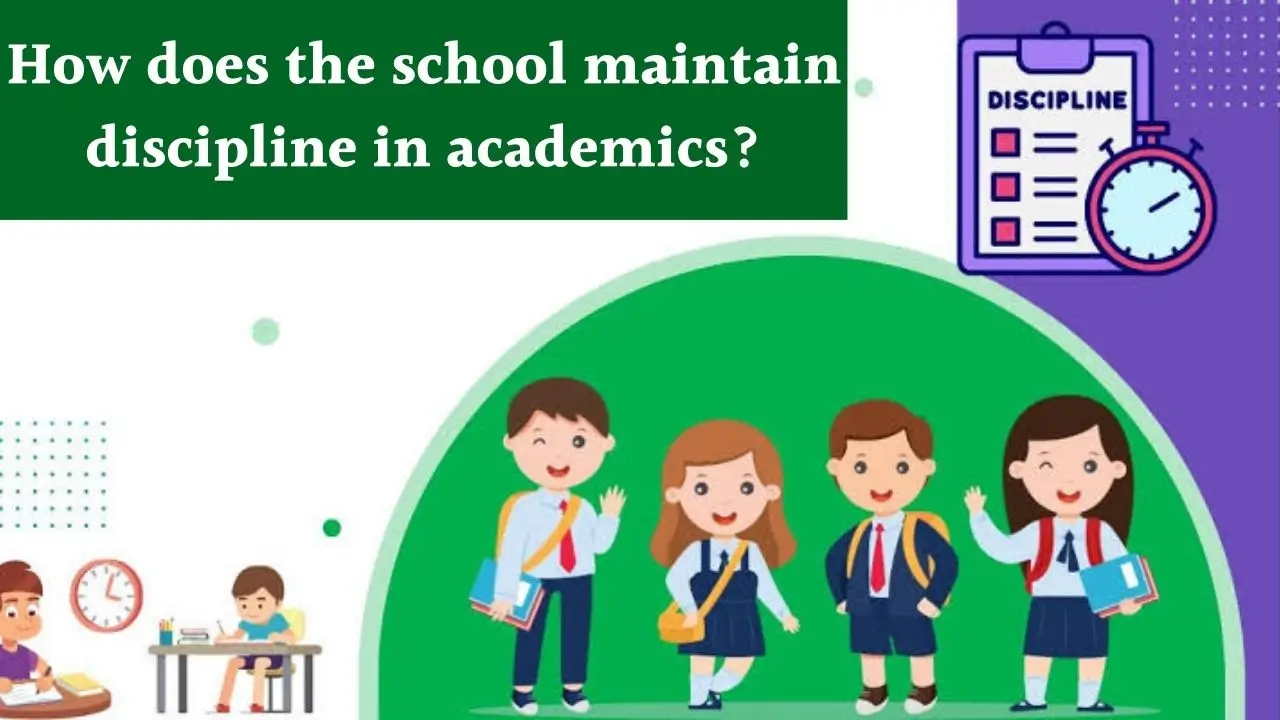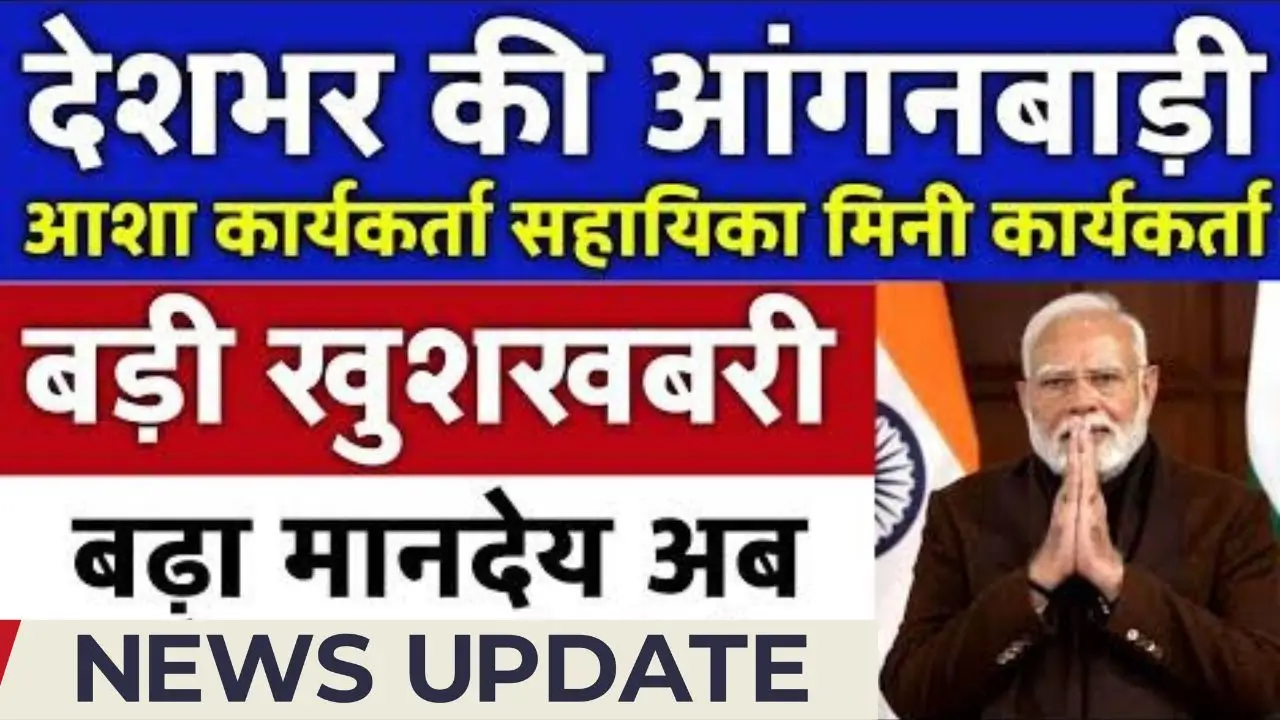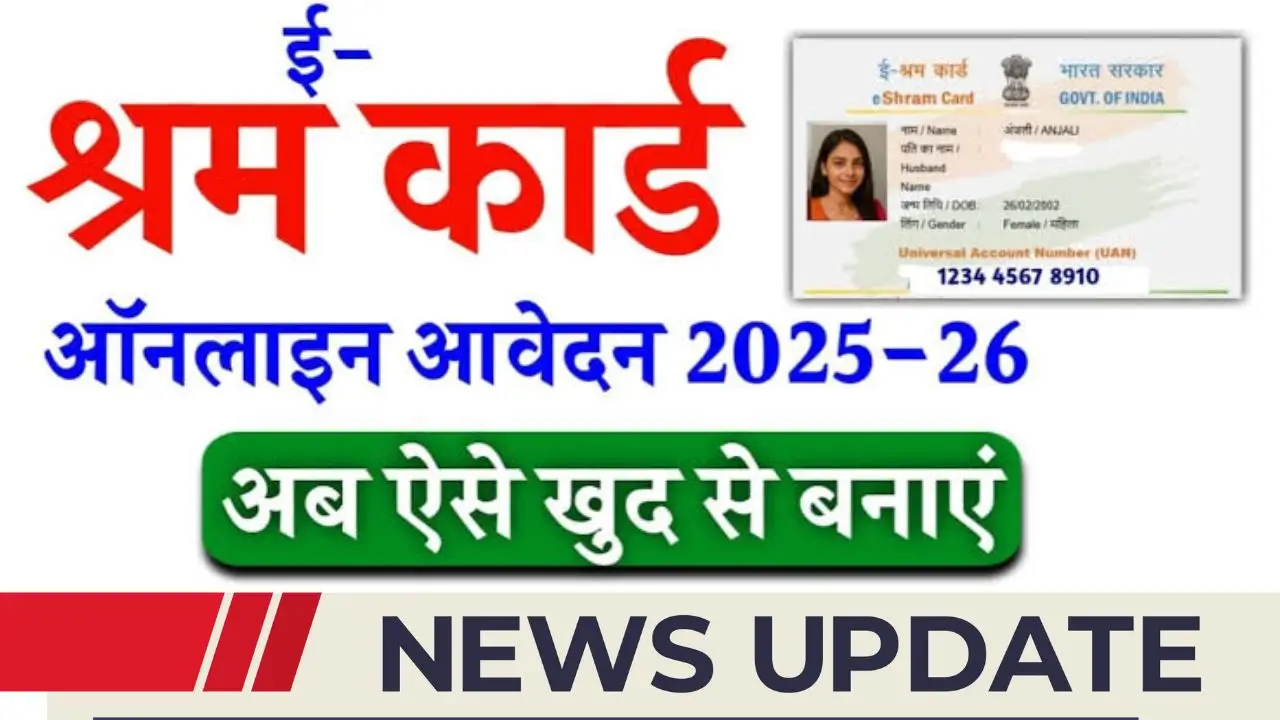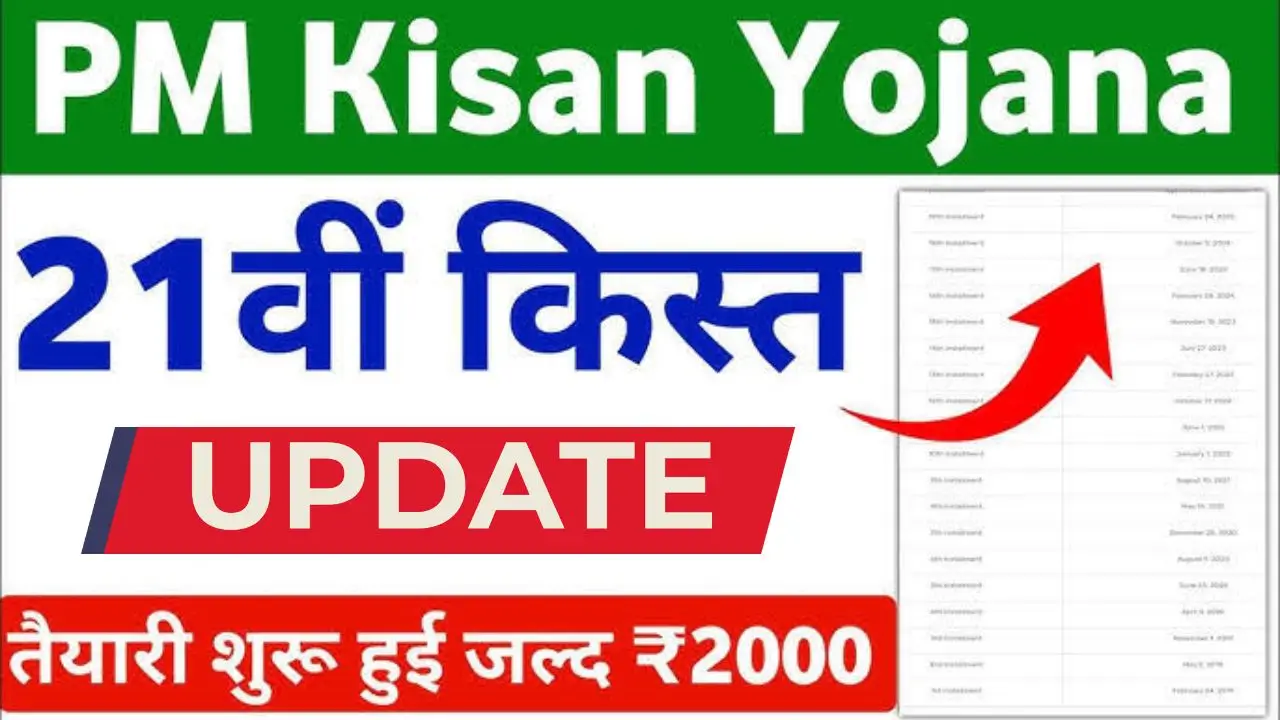Reservation in educational institutions has been an important policy in India, aimed at providing equal opportunity to students belonging to socially and economically disadvantaged communities. The policy ensures adequate representation of Scheduled Castes (SC), Scheduled Tribes (ST), Other Backward Classes (OBC), and Physically Handicapped (PH) candidates in schools, colleges, and universities. In the context of Madan Mohan Malviya Inter College, it is important to analyze whether the institution follows these policies in spirit and practice.
This article examines the reservation rules in education, their implementation in state-recognized intermediate colleges, and specifically the compliance of Madan Mohan Malviya Inter College with these requirements.
Legal Framework of Reservation in Education
In India, reservation in educational institutions is governed by constitutional provisions and state government orders.
- Constitutional Provisions
- Article 15(4) enables special provisions for the advancement of socially and educationally backward classes.
- Article 46 directs the state to promote the educational interests of weaker sections, especially SCs and STs.
- State Educational Boards
Intermediate colleges affiliated with the Uttar Pradesh Board of High School and Intermediate Education are required to implement state reservation policies during admissions and appointments. - Categories under Reservation
- Scheduled Castes (SC)
- Scheduled Tribes (ST)
- Other Backward Classes (OBC)
- Physically Handicapped (Differently-Abled Persons)
Reservation Rules in Uttar Pradesh Education Sector
In Uttar Pradesh, where Madan Mohan Malviya Inter College is located, the standard reservation quotas are followed as per government guidelines. The general outline is:
| Category | Percentage Reservation |
|---|---|
| Scheduled Castes (SC) | 21% |
| Scheduled Tribes (ST) | 2% |
| Other Backward Classes (OBC) | 27% |
| Persons with Disabilities | 3% (within categories) |
These percentages are applicable to admissions in schools, colleges, and universities run under state recognition.
Implementation in Madan Mohan Malviya Inter College
Madan Mohan Malviya Inter College, being a recognized institution, is expected to strictly adhere to these reservation policies. The compliance is visible in the following aspects:
1. Admission Policies
- SC/ST Students: Seats are earmarked for SC and ST candidates according to state reservation quotas.
- OBC Candidates: OBC applicants benefit from reserved seats, provided they produce a valid caste certificate.
- Physically Handicapped Candidates: The college grants relaxation in admission, with a certain number of seats allocated to students with certified disabilities.
2. Fee Concessions and Scholarships
- SC, ST, and OBC students often receive concessions in admission and examination fees.
- Government scholarships and financial aid are distributed through the college for eligible candidates.
- Physically handicapped students are eligible for both state-sponsored and central-level scholarships.
3. Teacher Recruitment Provisions
Reservation rules are not only followed in student admissions but also in staff and teacher recruitment processes, where applicable. This ensures diversity among teaching and administrative staff.
Support Systems for Reserved Category Students
Madan Mohan Malviya Inter College provides several support structures alongside admission benefits to ensure that reserved category students succeed academically.
- Remedial Classes: Extra support in subjects like Mathematics and Science for weaker students.
- Counseling Facilities: Guidance for SC, ST, and OBC candidates to ensure smooth academic progression.
- Library Support: Free access to reading materials for economically weaker reserved category students.
- Mentorship Programs: Teachers assist academically disadvantaged students in improving performance.
Role of Government in Monitoring Compliance
The Uttar Pradesh government continuously monitors whether colleges like Madan Mohan Malviya Inter College follow reservation rules. Inspections and inquiries may be conducted if complaints arise. Regular reporting ensures transparency in seat allocation.
Benefits of Reservation Implementation in the College
- Promotes Inclusiveness: Allows underprivileged communities access to quality education.
- Achieves Social Justice: Upholds the constitutional intent of bridging socio-economic gaps.
- Encourages Diversity: Creates a rich learning environment with students from various backgrounds.
- Empowers Students: Provides a platform for marginalized groups to compete in mainstream education.
Latest Updates Regarding Reservation in Intermediate Colleges (2025)
As of 2025, some updated points relevant to institutions like Madan Mohan Malviya Inter College are:
- Digital Monitoring: Admissions are increasingly done through online systems that ensure exact implementation of reservation quotas.
- E-Kalyan Scholarship Portals: Facilities for SC, ST, OBC, and PH candidates to apply for scholarships digitally and track their payments.
- Awareness Drives: The government has instructed colleges to conduct awareness sessions so students from reserved categories are informed about their rights and entitlements.
- Increased Support for PWD Students: Colleges are being encouraged to adopt barrier-free infrastructure such as ramps, accessible restrooms, and digital tools for differently-abled students.
Challenges in Implementation
While the reservation rules are in place, certain challenges remain:
- Lack of awareness among rural students about the documentation needed for claiming reserved category benefits.
- Delay in scholarship disbursement creates financial pressure.
- Inadequate infrastructure in some colleges for physically handicapped students.
- Occasional complaints about unfair practices during admission, needing stricter monitoring.
Suggestions for Strengthening Compliance
To make reservation truly effective in institutions like Madan Mohan Malviya Inter College, the following steps can be taken:
- Strengthening digital transparency in the admission process.
- Speedy disbursal of government scholarships to support reserved students.
- Regular awareness workshops for students about their eligibility and rights.
- Ensuring physical accessibility for differently-abled students by upgrading facilities.
- Creating grievance redressal mechanisms within the college for handling reservation-related complaints.
Conclusion
Reservation policies serve as a powerful instrument for ensuring equal educational opportunities. Madan Mohan Malviya Inter College, in line with government norms, reserves seats for SC, ST, OBC, and Physically Handicapped students and provides them with financial and academic support. While challenges still exist in practical implementation, progress is being made through digital technologies, scholarships, and awareness campaigns.
The continued commitment of both the government and educational institutions like Madan Mohan Malviya Inter College will be crucial in realizing the constitutional vision of social justice and inclusive education for all sections of society.
